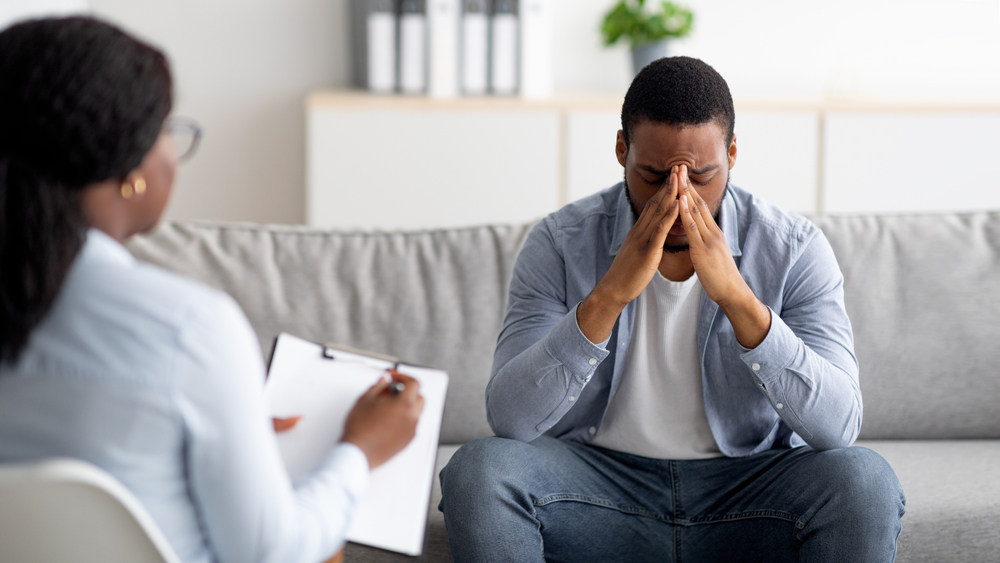Understanding and Treating Anxiety: A Comprehensive Guide
Anxiety is a common mental health condition that affects millions of people worldwide. Characterized by persistent feelings of worry, fear, and unease, anxiety can significantly impact an individual's daily life and overall well-being. Fortunately, there are various effective treatments available to help manage anxiety symptoms and improve quality of life. This article explores the nature of anxiety, its symptoms, and the different approaches to treatment.

-
Sleep disturbances
-
Muscle tension
-
Rapid heartbeat or palpitations
-
Sweating or trembling
-
Fatigue
-
Gastrointestinal issues
These symptoms can range from mild to severe and may interfere with work, relationships, and daily activities. Recognizing these signs is crucial for seeking appropriate help and treatment.
How does anxiety affect mental health?
Anxiety can have a significant impact on an individual’s mental health and overall well-being. Chronic anxiety can lead to:
-
Increased risk of depression
-
Lowered self-esteem
-
Difficulty in decision-making
-
Social isolation
-
Substance abuse as a coping mechanism
-
Decreased productivity at work or school
-
Strained relationships with family and friends
The persistent state of worry and stress associated with anxiety can also exacerbate other mental health conditions, creating a cycle that can be challenging to break without proper intervention and support.
What are the most effective treatments for anxiety?
Anxiety treatment typically involves a combination of therapeutic approaches tailored to the individual’s specific needs. Some of the most effective treatments include:
-
Cognitive Behavioral Therapy (CBT): This evidence-based approach helps individuals identify and change negative thought patterns and behaviors associated with anxiety.
-
Exposure Therapy: A form of CBT that gradually exposes individuals to anxiety-inducing situations in a controlled environment to reduce fear and avoidance behaviors.
-
Medication: Antidepressants, anti-anxiety medications, and beta-blockers may be prescribed to help manage symptoms of anxiety.
-
Mindfulness and Relaxation Techniques: Practices such as meditation, deep breathing exercises, and progressive muscle relaxation can help reduce anxiety symptoms.
-
Lifestyle Changes: Regular exercise, balanced nutrition, adequate sleep, and stress management techniques can significantly impact anxiety levels.
-
Support Groups: Connecting with others who experience similar challenges can provide valuable emotional support and coping strategies.
The effectiveness of these treatments can vary depending on the individual and the severity of their anxiety. A mental health professional can help determine the most appropriate combination of treatments for each person’s unique situation.
How does stress contribute to anxiety?
Stress and anxiety are closely related, with chronic stress often contributing to the development or exacerbation of anxiety disorders. When exposed to stress, the body releases hormones like cortisol and adrenaline, which can trigger the “fight or flight” response. While this response is helpful in short-term stressful situations, prolonged activation can lead to:
-
Increased muscle tension
-
Elevated heart rate and blood pressure
-
Disrupted sleep patterns
-
Impaired immune function
-
Difficulty concentrating and making decisions
Over time, chronic stress can create a cycle of anxiety, where the body remains in a constant state of alertness, even in the absence of immediate threats. Learning effective stress management techniques is crucial for preventing and managing anxiety symptoms.
What role do self-care practices play in anxiety management?
Self-care practices play a vital role in managing anxiety and promoting overall mental health. Incorporating the following strategies into daily life can help reduce anxiety symptoms and improve resilience:
-
Regular Exercise: Physical activity releases endorphins, which can help improve mood and reduce stress.
-
Healthy Diet: A balanced diet rich in nutrients can support brain function and help regulate mood.
-
Adequate Sleep: Establishing a consistent sleep schedule and practicing good sleep hygiene can significantly impact anxiety levels.
-
Time Management: Prioritizing tasks and setting realistic goals can help reduce feelings of overwhelm and stress.
-
Mindfulness Practices: Regular meditation or mindfulness exercises can help calm the mind and reduce anxiety.
-
Limiting Caffeine and Alcohol: Both substances can exacerbate anxiety symptoms and disrupt sleep patterns.
-
Connecting with Others: Maintaining strong social connections and seeking support when needed can provide a buffer against stress and anxiety.
-
Engaging in Hobbies: Participating in enjoyable activities can provide a healthy distraction and promote relaxation.
By incorporating these self-care practices into daily routines, individuals can build resilience against anxiety and improve their overall quality of life.
In conclusion, anxiety is a complex mental health condition that can significantly impact an individual’s well-being. However, with a combination of professional treatment, self-care practices, and lifestyle modifications, many people can effectively manage their anxiety symptoms and lead fulfilling lives. It’s important to remember that seeking help is a sign of strength, and with the right support and resources, overcoming anxiety is possible.
This article is for informational purposes only and should not be considered medical advice. Please consult a qualified healthcare professional for personalized guidance and treatment.






